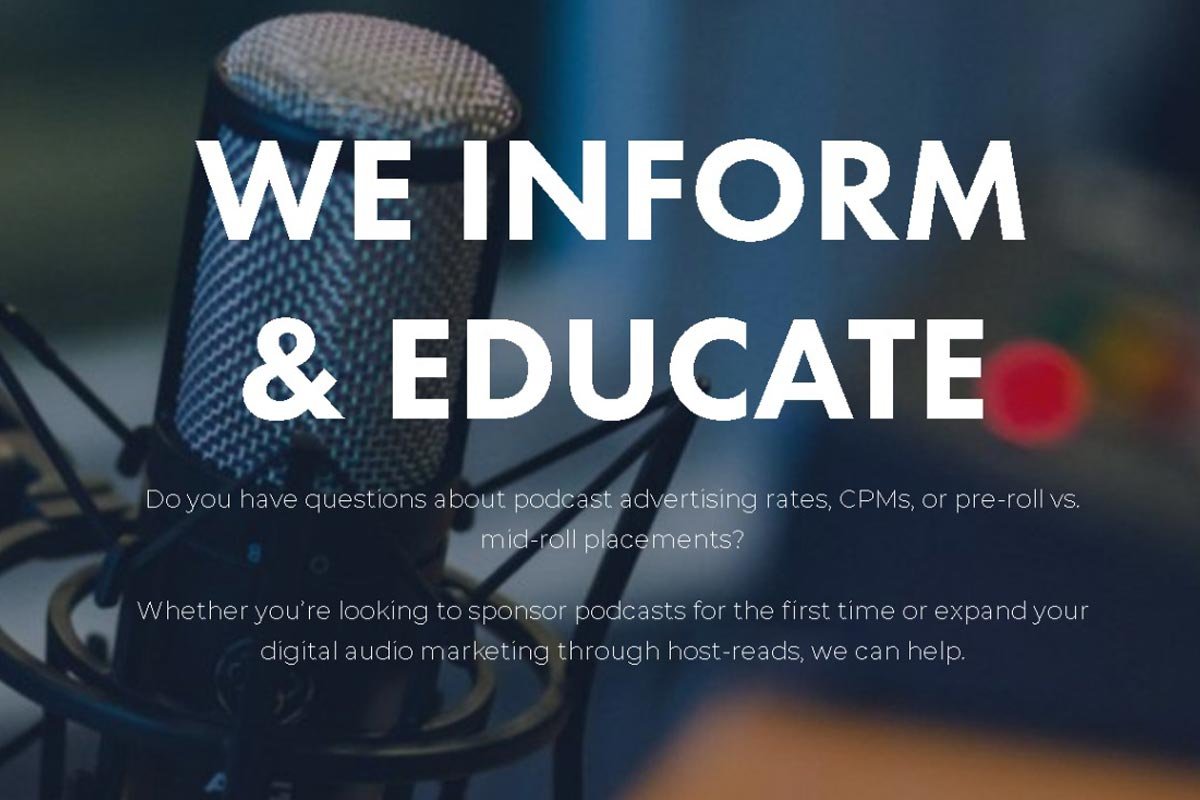Understanding Marketing Psychology: Consumer Behavior, Persuasion Techniques, Emotional Appeals, and Motivational Drivers
Introduction
Marketing psychology explores the underlying motives and behaviors that influence consumers’ purchasing decisions. By delving into consumer behavior, persuasion techniques, emotional appeals, and motivational drivers, marketers can craft strategies that resonate deeply with their target audience, fostering engagement and encouraging sales. This guide provides insights into each of these key areas, equipping you with the knowledge to design marketing campaigns that effectively influence and motivate consumers.
1. Consumer Behavior
Consumer behavior examines how individual customers, groups, or organizations select, buy, use, and dispose of goods, services, ideas, or experiences to satisfy their needs and desires. Understanding this behavior is crucial for developing effective marketing strategies.
Benefits:
- Targeted Marketing Strategies: Insights into consumer behavior allow for more accurate targeting and customization of marketing efforts.
- Improved Product Development: Understanding what drives consumer decisions helps tailor products to better meet the market’s needs.
- Increased Customer Satisfaction: By anticipating and meeting the needs of consumers, businesses can enhance customer satisfaction and loyalty.
Best Practices:
- Market Research: Conduct thorough market research to gather data on consumer preferences and behaviors.
- Segmentation: Segment your market based on behavioral characteristics to tailor marketing messages effectively.
- Consumer Feedback: Regularly collect and analyze consumer feedback to refine products and services continuously.
2. Persuasion Techniques
Persuasion in marketing involves using specific strategies to influence consumer attitudes or behaviors towards a product or service, encouraging them to make a purchase.
Benefits:
- Enhanced Conversions: Effective persuasion techniques can lead to higher conversion rates and sales.
- Brand Loyalty: Persuasive communication that aligns with consumers’ values and needs can foster long-term loyalty to a brand.
- Competitive Advantage: Mastering persuasion can set a brand apart from competitors in influencing consumer choices.
Best Practices:
- Reciprocity: Offer something of value to get something in return, such as discounts, free trials, or valuable content.
- Social Proof: Use testimonials, reviews, and endorsements to validate your product’s value and effectiveness.
- Authority: Establish your brand’s authority through expert endorsements, certifications, and data-backed claims.
3. Emotional Appeals
Emotional appeals in marketing involve connecting with consumers on an emotional level to drive sales and build brand loyalty. These appeals can significantly influence consumer decision-making processes.
Benefits:
- Deeper Connection: Emotional appeals create a stronger bond between the consumer and the brand.
- Enhanced Recall: Ads that evoke emotions are more likely to be remembered than those that do not.
- Brand Preference: Emotional connections can lead to a preference for a brand, even if equivalent alternatives exist.
Best Practices:
- Understand Emotional Triggers: Identify which emotions are most likely to drive desired consumer actions.
- Storytelling: Use storytelling to evoke emotions and connect on a deeper level with your audience.
- Consistency: Ensure that the emotional tone is consistent across all marketing channels to reinforce the emotional message.
4. Motivational Drivers
Motivational drivers are the underlying forces that compel consumers to take action. These can include basic needs (like hunger or security), desires (like status or belonging), and personal goals (like health or happiness).
Benefits:
- Targeted Appeals: Understanding motivational drivers allows marketers to craft appeals that speak directly to what truly motivates their customers.
- Increased Effectiveness: Marketing strategies that align with intrinsic motivators are more likely to succeed.
- Customer Retention: When brands continuously meet the deeper motivational needs of their consumers, they enhance customer retention and loyalty.
Best Practices:
- Hierarchy of Needs: Apply Maslow’s hierarchy of needs to understand different consumer motivations at various levels.
- Personalization: Tailor marketing messages to address the specific motivations of different consumer segments.
- Engagement Strategies: Develop engagement strategies that align with the key drivers of your target audience, such as community building for those motivated by belonging.
Conclusion
The field of marketing psychology offers valuable insights into the complex interplay of factors that influence consumer behavior. By applying knowledge of consumer behavior, persuasion techniques, emotional appeals, and motivational drivers, marketers can create compelling, effective campaigns that not only meet sales targets but also build meaningful relationships with consumers. Understanding and addressing the psychological aspects of marketing can significantly enhance the impact of your marketing efforts, leading to sustained success in a competitive marketplace.





































